Sustainable wellbeing and green living
Let's find ways to Flourish!
Could Deep Ecology be the Solution?

Deep ecology is an environmental philosophy introduced by Arne Naess in 1984 which recognizes the inherent value of all living beings and promotes the idea that they have moral and legal rights to live and flourish as humans do.
This philosophy looks deeper into our relationship with the natural world for a more holistic approach to environmentalism. Instead of promoting the preservation of ecosystems and biodiversity for human purposes such as resource extraction, deep ecology recognizes the intrinsic value these systems hold, regardless of utility to humans.
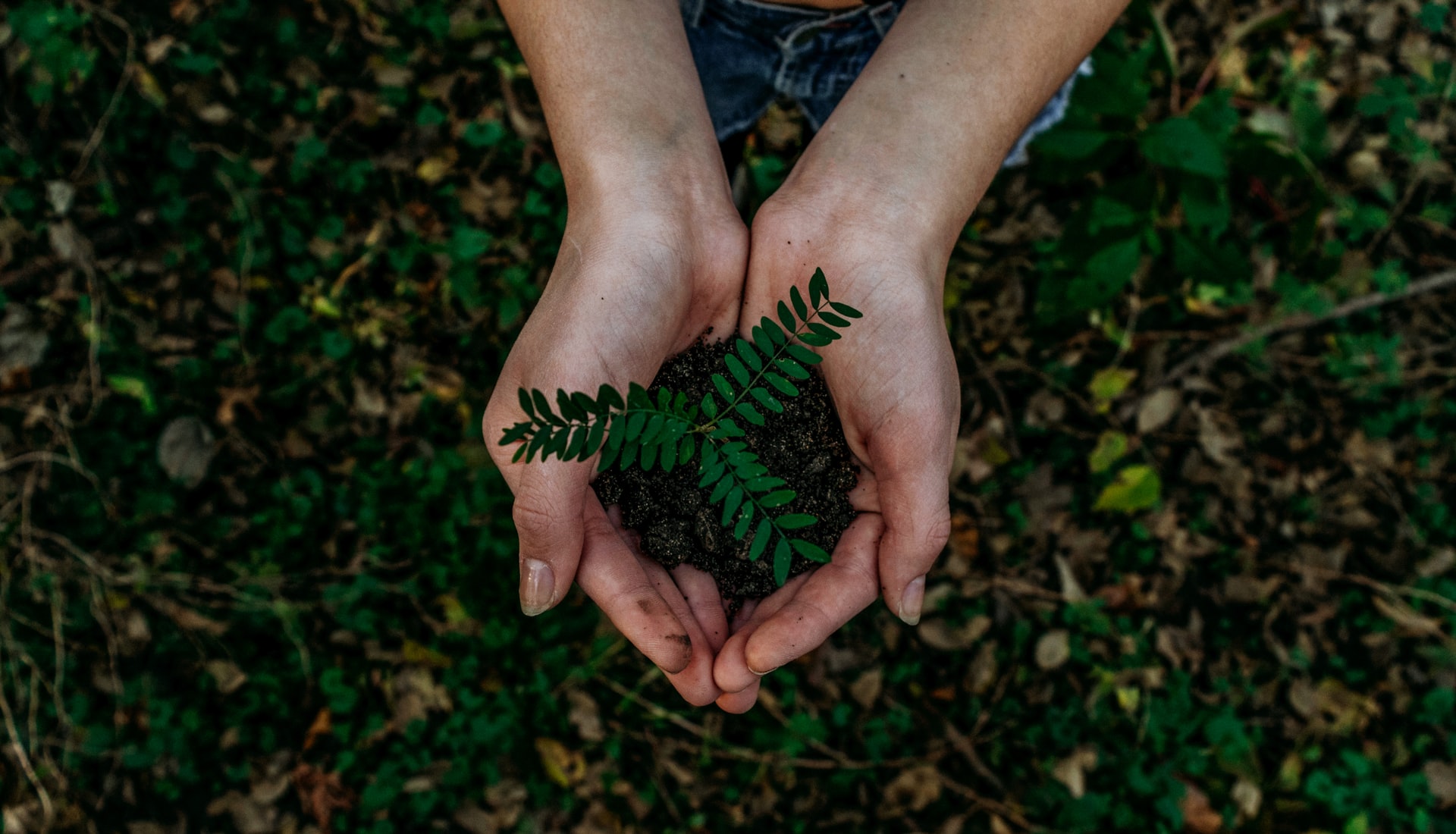
The deep ecology framework is not anthropocentric, meaning that all living beings are viewed as our equals and that we are part of a whole.
As a whole, we cannot all thrive to our full potential until all parts of the whole are free to do so. Deep ecology encourages the shift from egocentric living to ecocentric living.
Fundamental principles of Deep Ecology
- The well-being and of human and non-human life on earth have in ...
Start a new family tradition with the Christmas Bird Count!
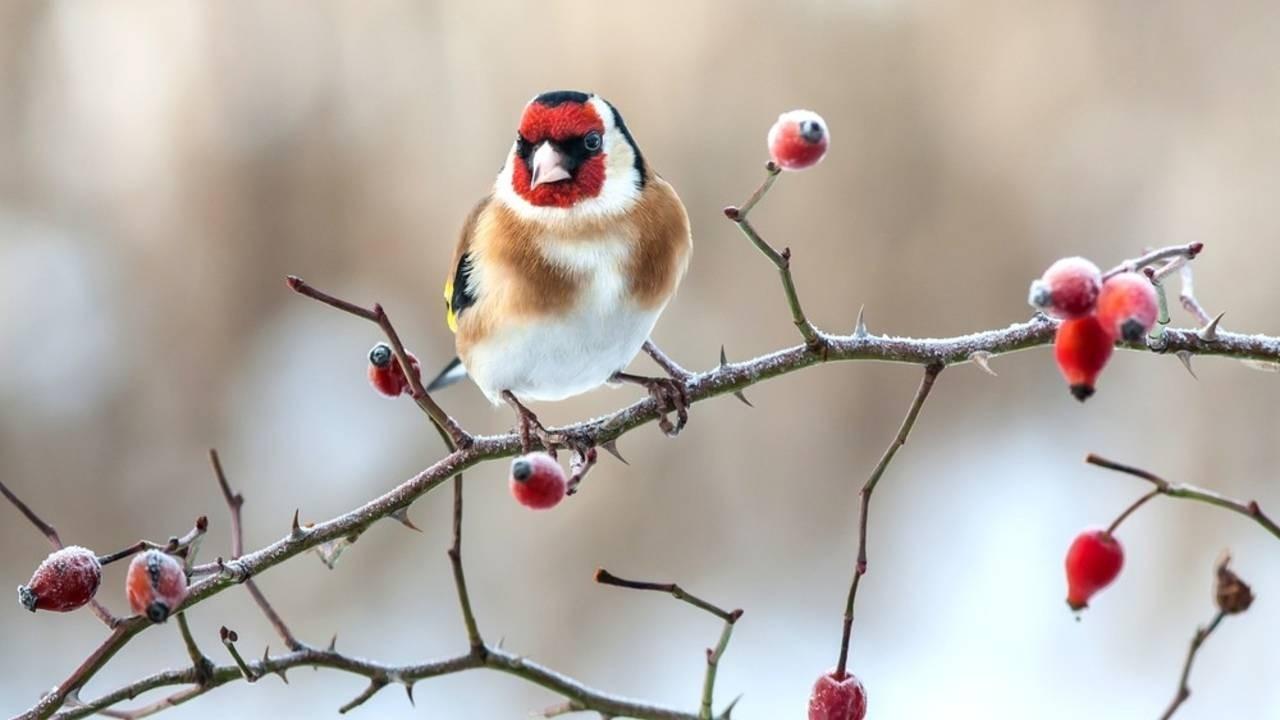
Around this time of year, many of us take part in traditions that bring us closer together and signal the start of the holiday season. Whether these traditions are unique to your family, workplace, community, or county, they have a way of bringing cheer and making this time of year special. Maybe this holiday season is the right time to add a new tradition to your list! The National Audubon Society hosts a Christmas Bird Count every year which can always use new volunteers!
This is Citizen Science!
It is a great way to spend time outdoors and contribute to citizen science - where everyday citizens can contribute their time and efforts to collecting information about the natural world. What a fun way to enhance your walk or family adventure by gathering information, contributing to research, and advancing science! The Christmas Bird Count is just such a program, and a really fun way to engage with birds during the winter.
The Christmas Bird Count is an early-winter bird census that p...
What Nature Does for our Bodies and Minds
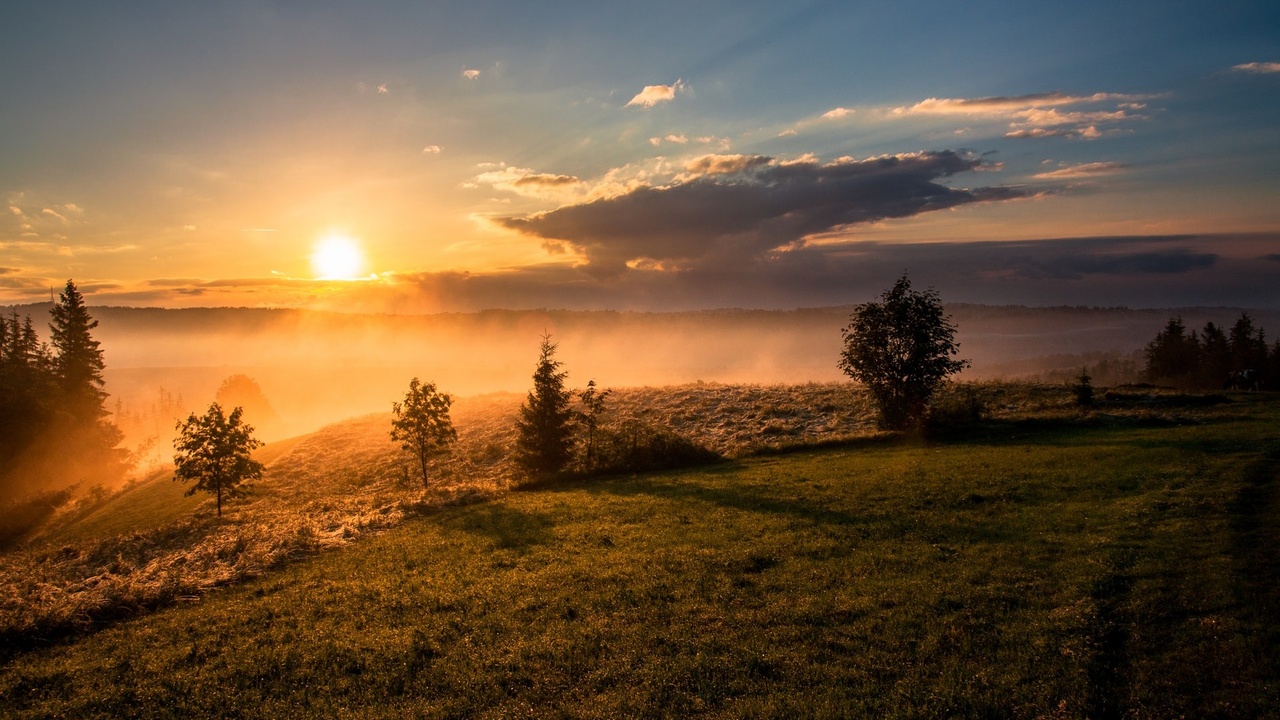
We seek out nature for many reasons – for recreation, quiet and solitude, exercise, nature views, and plenty more. But did you know that nature has measurable positive effects on our physiological and psychological wellbeing?
You may have noticed that spending time in the outdoors leaves you feeling refreshed with an improved mood. You might even find yourself seeking out nature during times when you are stressed, upset, or feeling under the weather.
The biophilia hypothesis is the idea that humans have an innate tendency to seek connections and associate with nature. The term biophilia literally translates to “love of life.” American biologist Edward O. Wilson proposed in his work Biophilia (1984) that the tendency for humans seek out life and lifelike processes is biologically ingrained.
Throughout the course of our evolution, the natural environment has been conducive to our survival and enhanced our physical, emotional, and intellectual fitness. We depended (and still do to some...
How to use soundscapes to be present

Sounds is interesting. It has the power to transport us to a calm and centred frame of mind or to stress us out. While a babbling brook might feel calming to our nervous system, traffic, the sounds of the urban environment, or noisy neighbours can stress us out. So what makes some sound pleasant and others stressful?
Is sound really just subjective and could we train ourselves to observe sound without judgment and simply use it as a tool to connect with ourselves?
When we find ourselves facing eco-anxiety, mindfulness is an excellent tool to help ourselves be more present, and gain perspective, but we often think about meditation or mindfulness as requiring a calm environment. However, in addition to basic breathwork, soundscapes are all around us all of the time and present an opportunity to tune in to our surroundings and practice mindfulness.
“Once you are meditative, music will naturally be a part of your life. Everything is vibration – everything is sound.” - Sahdguru
If y...
Want to contribute to Citizen Science?

Science lovers are everywhere! You don’t need a degree in science to know that you love learning, looking at data, and contributing to our collective knowledge about the natural world. Whether your interest in science stems from your desire to know more about the world around you, the intellectual challenges it provides, or educating the children around you, there are ways that you can be a part of scientific research!

It is not uncommon for individuals to believe that there is no space for ordinary citizens when it comes to scientific research. This is not the case! The truth is that you -don’t- have to have a PhD in order to participate in scientific research. Whether you are interested in learning about the ecosystem function of a specific species or the impacts of pollution on water bodies, there is a way that you can collaborate with scientists and researchers in order to gather important data and make a difference in the scientific community! Through citizen science projects t...
Getting the most out of your food choices

The natural world very directly impacts our physical, mental, and emotional health every single day, whether we realize it or not. And yet, it can be easy to forget about the deep connections we share with nature.
Sure, we know that clean air and clean water correlate directly with our health. But we rarely think deeper than that.
We also depend on trees, plants, and algae to produce the oxygen we breathe in and recycle the CO2 we breathe out. Carbon sinks such as wetlands and forests play an important role in mitigating the effects of pollution by drawing large amounts of carbon out of our atmosphere.
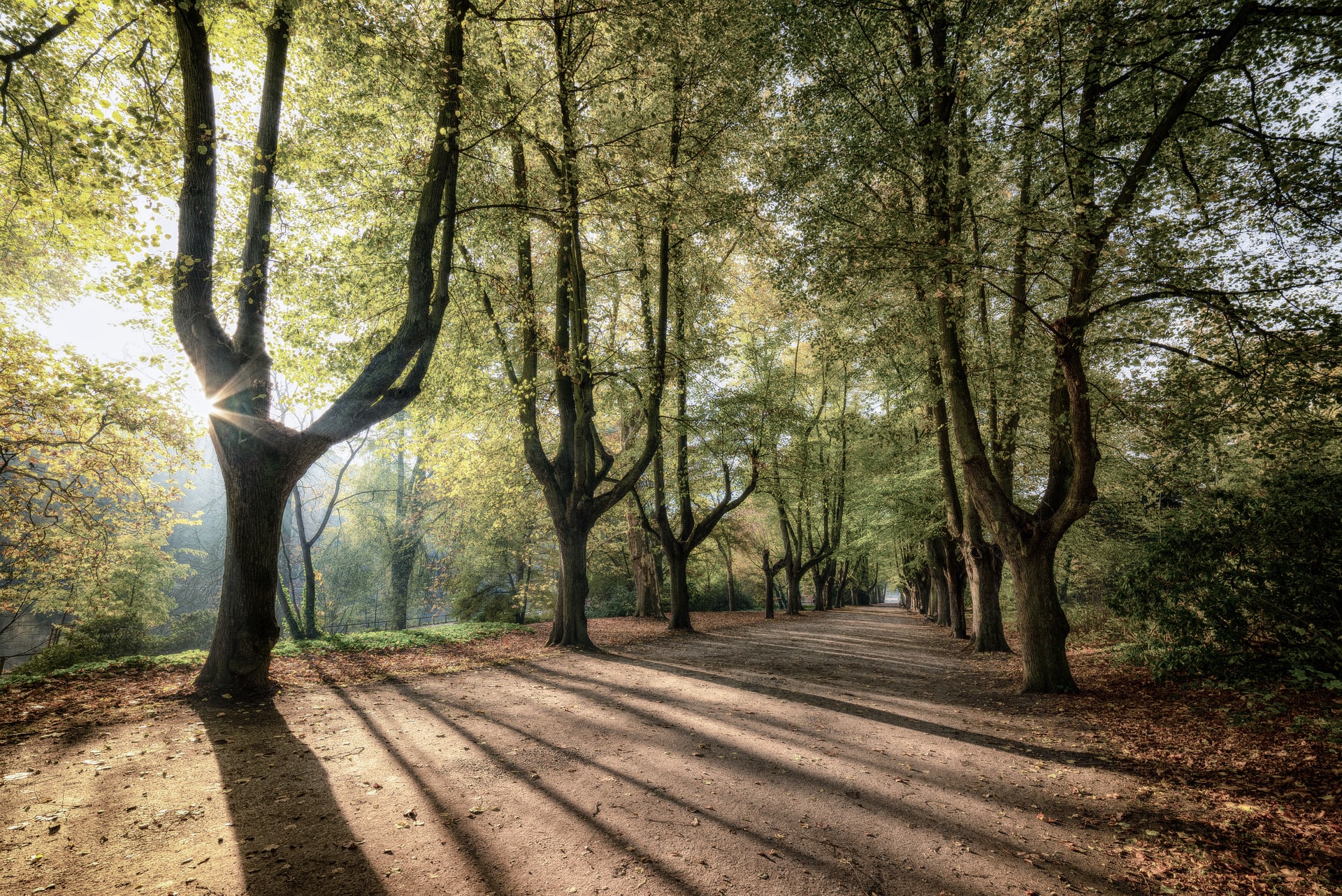
Healthy water systems do so much more than provide us with clean water. They transport nutrients, mitigate flooding, support local biodiversity, and work to remove toxins and waste from our surroundings.
These ecosystem services are of vital importance in our day-to-day lives.
Our bodies and our environment
On a much smaller scale, our relationship with our environment is reflec...
The secret to getting the most out of your time in nature
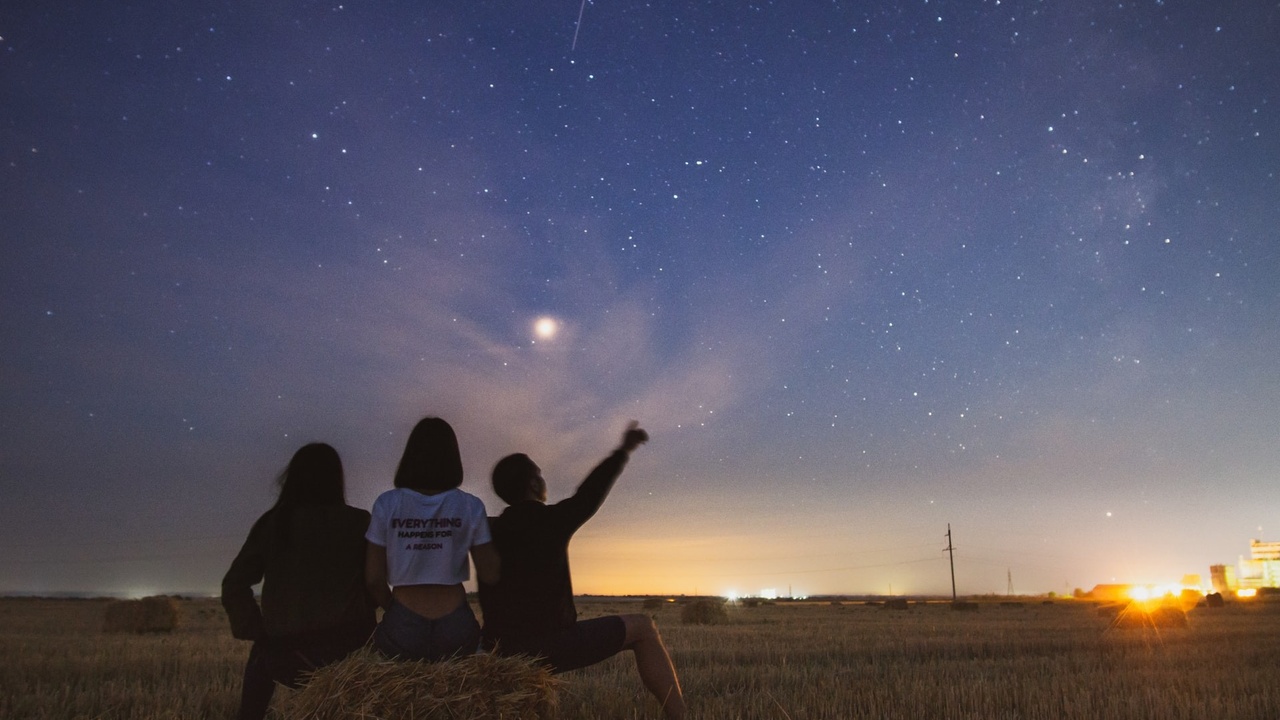
“Everybody needs beauty as well as bread, places to play in and pray in, where nature may heal and give strength to the body and soul.” – John Muir
Humans have been connected to nature since the dawn of time, but as our lifestyles continue to change and evolve, people are spending less time outdoors.
This means a feeling of a lost or broken connection between us and the natural world. We sometimes think of nature as being quite separate from us, and just - out there - in the woods or what we see while on vacation. but the reality is that nature is all around us all the time, and we interact directly with it, we are just not aware of these interactions.
Really, do you think about the sun's energy in that spaghetti sauce? Or did you consider the role of the bees in pollinating your apple? Probably not.
The same thing is often true of our time spent outdoors. We are often more aware of the need for sunscreen or insect repellent than we are of the intricate web of life all around u...
How Ecofeminism shows us the path to a sustainable future

"You cannot step twice into the same river." - Heraclitus
We too are the embodiment of change, our experiences change us inwardly and outwardly, and, as it turns out, the same is true of the environmental movement. Where we once talked about sustainability being related to ecological, economic and social, we have an evolving understanding of sustainability.
Where we once may have been silent on the relationship between social justice and sustainability, we now voice that they are integrally linked. And these connections can be expansive and help us to understand on a new level the roots of the problems and, hopefully, gain insight into the solutions.
The concept of Ecofeminism is not new, however, we can continue to be informed by looking at the issues from a feminist perspective.
Ecofeminism is described as the development of new consciousness for all of life and was first introduced by Francoise d’Eaubonne, a French feminist, in 1974.
Ecofeminism highlights that the devaluat...
Collaborate with Nature through Land Art

“Art is born of the observation and investigation of nature” – Cicero
The environmental art movement emerged in the 1960s and 1970s alongside increasing citizen awareness of environmental issues as well as the human impact on the environment.
During these times, many artists were looking for ways to showcase the human connection to the natural world. There are a variety of reasons why artists choose to engage in land art such as the desire to draw attention to environmental issues, work in harmony with nature, or challenge the traditional concept of art production.
What is land art?
Although art has depicted natural scenes for centuries, land art is unique in the way that the art piece is nature itself.
Unlike traditional art pieces which utilize paints, varnishes, metals, plastics, and other man-made materials that have the potential to harm the environment and human health, land art does not have a negative environmental impact.
Land art uses materials that are found in the nat...
How to use Forest Bathing to Manage Eco-anxiety
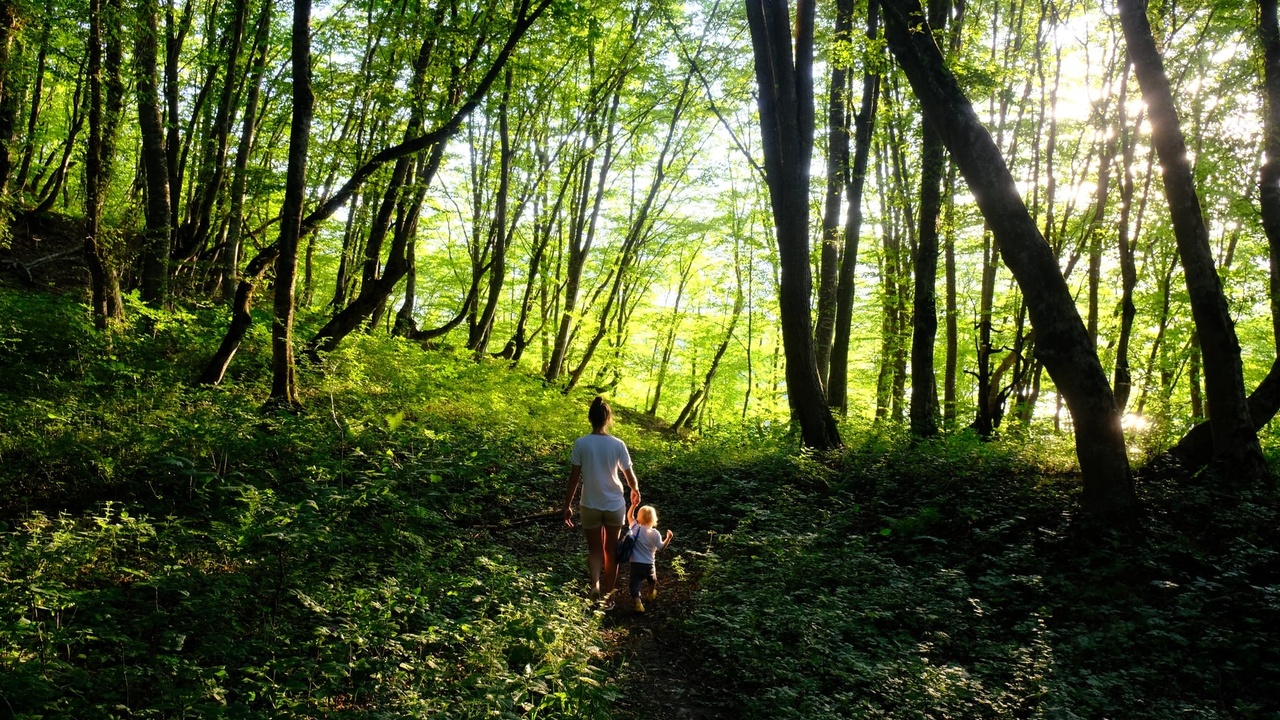
“It is not so much for its beauty that the forest makes a claim upon men’s hearts, as for that subtle something, that quality of air that emanation from old trees, that so wonderfully changes and renews a weary spirit.” - Robert Louis Stevenson
Forest bathing is a mental and physical wellbeing exercise that emerged in Japan in the 1980s. The Japanese name, shinrin-yoku, can be directly translated into the English words “forest” and “bath.”
This exercise, as its name suggests, involves immersing yourself in nature and connecting to your surroundings through sight, sound, touch, smell, and taste. Unlike many organized outdoor activities that involve physical exercises such as hiking, sports, swimming, or jogging, forest bathing only requires your presence in nature.
Although forest bathing may seem intuitive, our growing disconnect from nature means that we are not taking the time to be present in nature as often as we should.
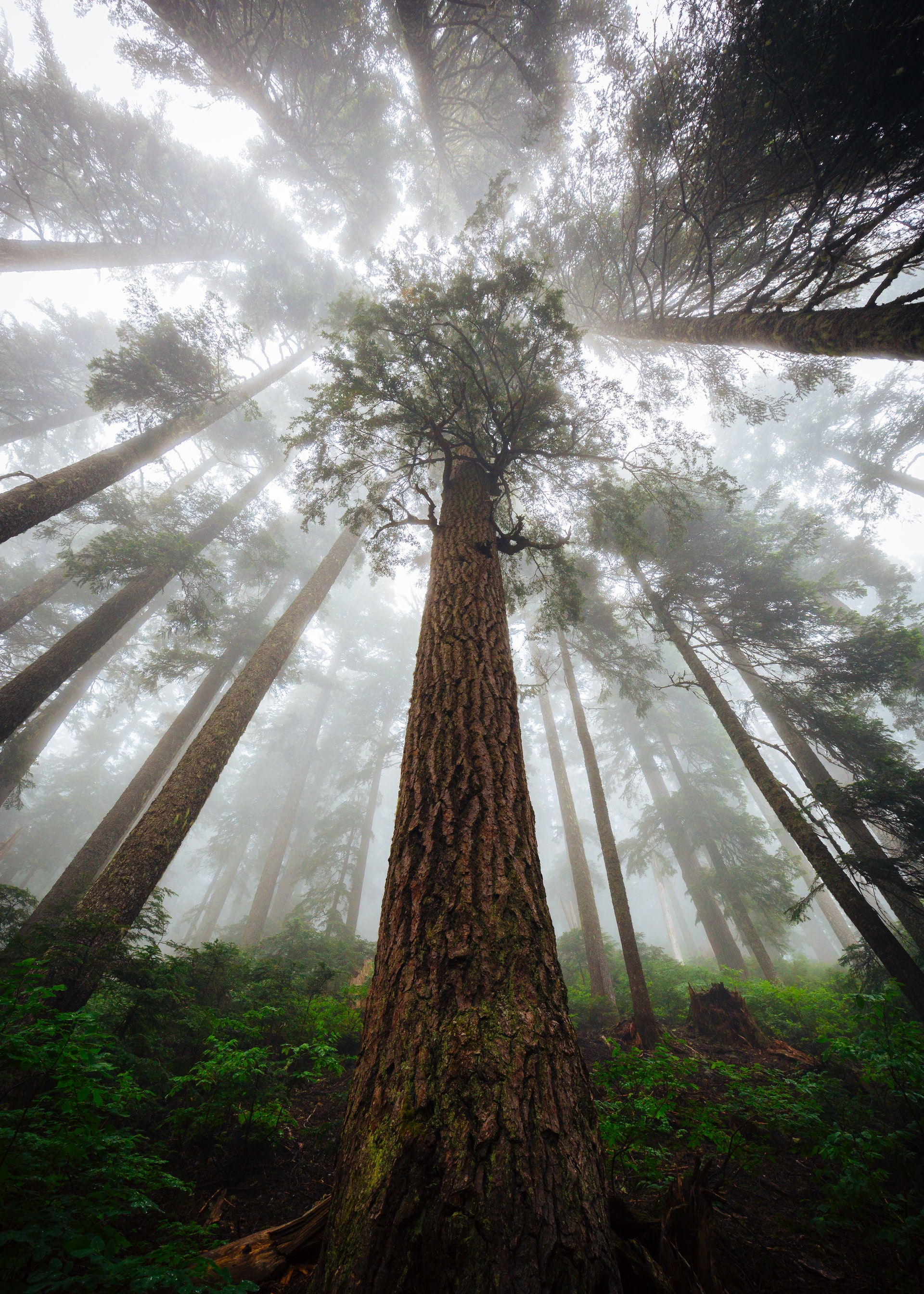
“And into the forest I go, to lose my mind and fi...

